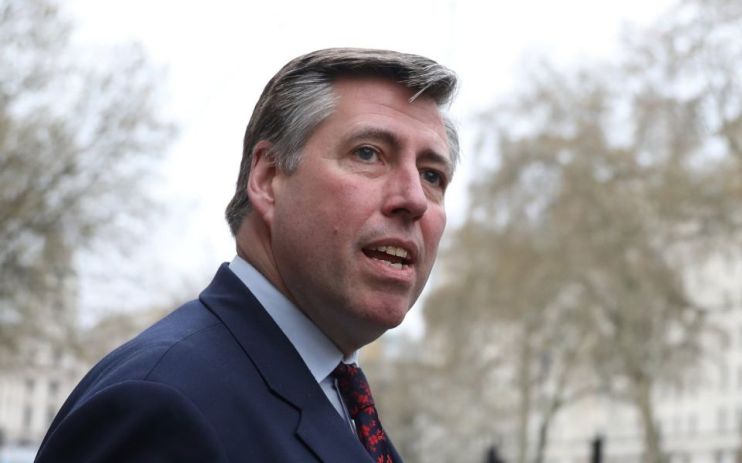Next Prime Minister must drop Brexit backstop, says Sir Graham Brady

The next Prime Minister must drop the backstop in Brexit negotiations as it threatens the Good Friday Agreement, according to senior Tory backbencher MP Sir Graham Brady.
Removing the backstop and working on alternative arrangements is the only way the present Brexit deal can work, he argued.
He said the new Prime Minister “must recognise that the backstop is a threat to the Good Friday Agreement, rather than its guarantor…Secondly, they must at once ensure work on alternative arrangements, including the technical solutions, is given (long overdue) priority.”
Brady introduced an amendment to the Brexit bill in January which called for the government to seek alternative arrangements to the backstop negotiated between the UK and the EU.
The backstop, which has been rejected by parliament, would mean Northern Ireland would stay more closely aligned to some EU regulations than the rest of the UK in the event a comprehensive trade deal could not be reached.
It would mean border checks between Northern Ireland and the rest of the UK and could last until a final deal could be agreed upon.
“The provisions of the backstop could have seen Northern Ireland separated from the rest of the United Kingdom, something those of us who cherish the Union could not countenance,” Brady said.
“The election of a new leader now presents an opportunity to return to the negotiations and secure an agreement that is acceptable to both the House of Commons and the EU,” he added.
Brady resigned as chair of the backbench 1922 Committee last month to explore launching a bid for the Tory leadership, although ultimately did not put himself forward.
He was writing the foreword to a Policy Exchange paper which aims to set out how the border with Ireland could be governed.
The UK should work towards a new memorandum of understanding with the EU about how the Irish border will be managed in the future, the report said.
The backstop deal with the EU should be time-limited, the report argued.
The report said there needs to be a border between the Republic of Ireland and Northern ireland, but serious resources should be invested in customs technology to reduce friction at the crossing.